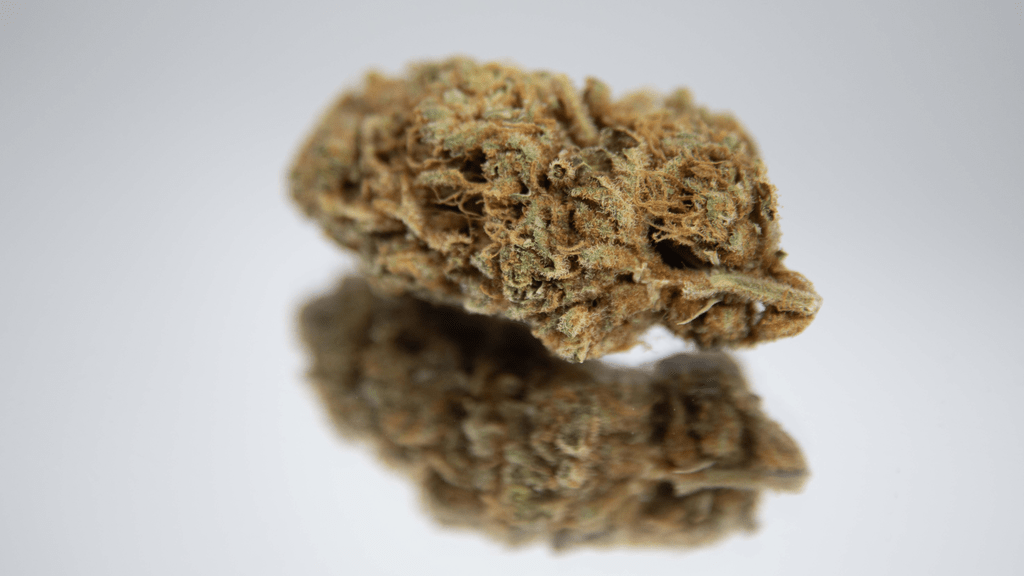As research into cannabis expands, scientists are exploring its potential benefits for a variety of health conditions, including Alzheimer’s disease and other forms of dementia. Alzheimer’s, the most common cause of dementia, is a degenerative neurological disorder that affects memory, cognition, and behavior, impacting millions of people worldwide. Studies are starting to suggest that cannabis, particularly compounds like CBD (cannabidiol) and THC (tetrahydrocannabinol), might offer benefits in managing some symptoms and potentially slowing disease progression.
How Alzheimer’s and Dementia Affect the Brain
Alzheimer’s disease and other dementias are characterized by the buildup of beta-amyloid plaques and tau protein tangles in the brain, which interfere with neuron communication and lead to cell death. As a result, cognitive functions like memory, reasoning, and behavior begin to decline. Traditional medications aim to slow the progression, but many patients and caregivers are interested in exploring alternatives like cannabis for additional symptom relief.
The Role of Cannabinoids in Brain Health
Cannabinoids, the active compounds in cannabis, interact with the endocannabinoid system (ECS), which helps regulate various bodily processes, including mood, memory, and inflammation. Researchers have found that the ECS plays a role in neuroprotection, making cannabis an intriguing candidate for Alzheimer’s and dementia research. CBD, a non-psychoactive compound, has anti-inflammatory and antioxidant properties, while THC, the psychoactive component, may aid in reducing agitation and aggression, common symptoms in dementia patients.
Research on Cannabis and Alzheimer’s Disease
Several studies have looked into how cannabinoids may affect Alzheimer’s and dementia:
- Inflammation and Oxidative Stress: A 2021 study published in Frontiers in Aging Neuroscience found that CBD’s anti-inflammatory properties could help reduce oxidative stress and neuroinflammation, both of which are linked to Alzheimer’s progression. By lowering inflammation, CBD may help protect brain cells from further damage.
- Beta-Amyloid Plaques: Research from the Salk Institute in 2016 demonstrated that THC reduced the accumulation of beta-amyloid plaques in lab-grown neurons. This suggests that THC might play a role in slowing the buildup of harmful proteins, although more research in humans is necessary to confirm this effect.
- Symptom Management: In a 2022 study by the Journal of Alzheimer’s Disease, it was found that low doses of THC helped improve the quality of life in patients by reducing agitation, anxiety, and aggression. These symptoms can be challenging to manage in dementia patients, and cannabis may offer a gentler alternative to antipsychotic drugs, which often have harsh side effects.
Current Limitations and Ongoing Research
While these findings are promising, cannabis as a treatment for Alzheimer’s and dementia is still in early research stages. Most studies have been conducted on animals or in small-scale human trials. Larger, controlled studies are needed to confirm efficacy and determine the optimal doses of THC and CBD for Alzheimer’s patients. Additionally, the Alzheimer’s Association urges caution and stresses that patients and caregivers should consult healthcare providers before trying cannabis, as effects can vary.
Moving Forward with Cannabis Research in Alzheimer’s Care
Cannabis may offer a new avenue for managing symptoms of Alzheimer’s and other dementias, with early studies indicating potential neuroprotective effects. While more research is needed, cannabinoids like CBD and THC could eventually become valuable tools for improving quality of life in dementia patients. As the science advances, the hope is for new treatments that can help manage the impacts of these challenging conditions.






